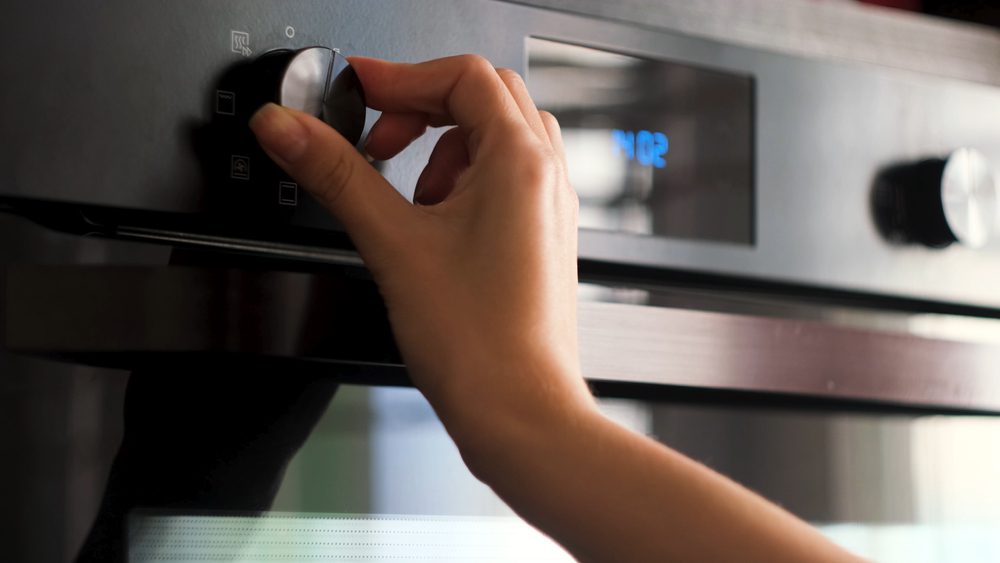Choosing between a gas and an electric range for your kitchen significantly impacts your cooking experience, utility bills, and overall kitchen functionality. Both options have unique advantages and disadvantages, which can influence your choice based on your specific needs and preferences.
Let’s explore whether you should get gas or electric range and their pros and cons.
Gas Ranges
Here are the pros of gas ranges.
Pros
- Instant Heat and Temperature Control – Gas ranges provide immediate heat, making it easier to start cooking without waiting for the burner to heat up. The flame is visible and easily adjustable, offering precise temperature control, which is ideal for cooking techniques requiring quick heat level changes. The differences between gas and electric ranges, as well as their pros. It is perfect for cooking techniques requiring quick heat level changes, the differences between gas and electric ranges, and
- Even Cooking – A gas burner’s direct flame ensures even heat distribution, which is beneficial for tasks such as simmering sauces or searing meat.
- Operational During Power Outages – Gas ranges can operate during power outages, provided you can ignite the burner manually, making them reliable during emergencies.
- Lower Operational Costs – Natural gas is generally cheaper than electricity, leading to lower operational costs.
Cons
And now, for the cons.
- Installation Requirements – Installing a gas range requires a gas line, which can be expensive if it is not already present. Additionally, proper ventilation is necessary to avoid gas leaks and ensure safety.
- Safety Concerns – Gas leaks can be hazardous, posing risks of fire or explosion. Carbon monoxide buildup is another potential issue if the range is improperly ventilated.
- Cleaning Challenges – Gas ranges often have grates and burners that can be cumbersome, requiring more effort than flat electric cooktops.
Electric Ranges
Let’s move on to the advantages of electric ranges.
Pros
- Ease of Use and Cleaning – Electric ranges, especially those with smooth ceramic or glass tops, are easier to clean. Spills and splatters can be wiped off quickly, and the absence of grates simplifies maintenance.
- Even Oven Heating – Electric ovens typically provide more consistent oven temperatures, making them superior for baking and roasting, where even heat distribution is crucial.
- Modern Features – Many electric ranges have advanced features, such as induction cooking, self-cleaning options, and digital temperature settings, that enhance the cooking experience.
- Safety – Electric ranges eliminate the risk of gas leaks, making them safer for households concerned about gas safety.
Cons
- Slower Heat Response – Electric burners take longer to heat up and cool down than gas burners, which can disadvantage recipes requiring quick temperature changes.
- Higher Operational Costs – Electricity tends to be more expensive than natural gas, potentially leading to higher utility bills over time.
- Power Dependency – Electric ranges depend entirely on electricity, rendering them useless during power outages.

Let the Experts Install Your Next Range
Ultimately, the best range for your kitchen depends on your individual needs. Weighing the pros and cons of each type will help you make an informed decision that enhances your cooking experience and fits your lifestyle.
Whether you opt for gas or electric, both types of ranges have the potential to transform your kitchen into a more functional and enjoyable space. A-Tech Repair has the knowledge and expertise to install and repair your range, whichever you choose.
If you have any questions about HVAC systems or queries about installations or repairs, contact A-Tech Appliance Repair, who will gladly assist.



